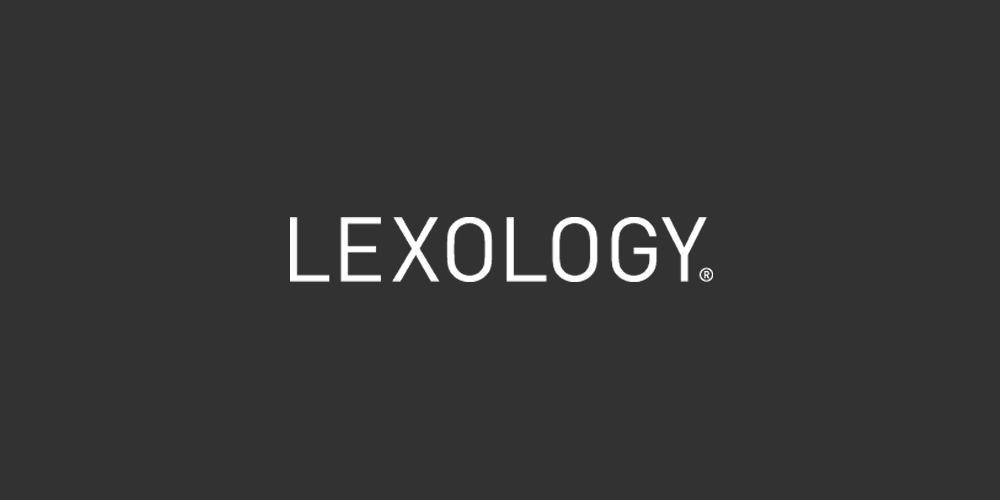Reference to Artificial Intelligence (‘AI’) is likely to bring to mind dystopian pictures of a robot apocalypse as depicted in films such as iRobot or The Matrix or to spark debates on the possibility of machines with ‘consciousness’.
copyright by www.lexology.com
 Reference to Artificial Intelligence (‘AI’) is likely to bring to mind dystopian pictures of a robot apocalypse as depicted in films such as iRobot or The Matrix or to spark debates on the possibility of machines with ‘consciousness’. Yet although we are rightly concerned about AI and the future of mankind, catastrophic thinking may diminish or slow its progress and make us lose sight of its vast potential benefits.
Reference to Artificial Intelligence (‘AI’) is likely to bring to mind dystopian pictures of a robot apocalypse as depicted in films such as iRobot or The Matrix or to spark debates on the possibility of machines with ‘consciousness’. Yet although we are rightly concerned about AI and the future of mankind, catastrophic thinking may diminish or slow its progress and make us lose sight of its vast potential benefits.
AI is more pervasive in our daily lives than one may think. Spotify and Netflix use AI to recommend songs, films or television shows which it considers relevant to our interests based on our past activity or choices. Amazon uses it to recommend products based on past purchases or web browsing activity. Our increased reliance on online services and smart phones means that humans are interacting with AI at an ever-increasing rate.
The technology has the potential to greatly increase efficiency, to save lives and to increase the general standard of living. AI’s use in everyday life is ubiquitous and has even spread to sectors ranging from healthcare and transport to executive decision-making and policing. Whilst the potential benefits of the technology are endless, the race to adopt it with haste may lead developers and users to cut corners and disregard certain ethical and legal concerns, such as its effect on privacy, the threat faced by cyber security and AI’s potential disregard for fundamental human rights.
If the answer is to regulate, then in what manner should this be done? Should the technology be governed by a distinct set of laws and a separate regulatory body/agency? Any move toward regulation must be taken with care. It is difficult to regulate uncertainties. Thus, one of the first steps which must be taken is to define what we mean by “AI”. Efforts to discuss regulation of AI are wasted if parties to the discussion are talking about different things. Too wide a definition may lead to ambiguities and loss of focus, whilst too narrow a definition might lead to the overlooking of important AI-related technology or to a definition which may become obsolete in a matter of years. [1] Furthermore, whether we think of AI as a tool, companion or weapon will determine its eventual purpose and how the law will come to deal with it.[…]
read more – copyright by www.lexology.com


Reference to Artificial Intelligence (‘AI’) is likely to bring to mind dystopian pictures of a robot apocalypse as depicted in films such as iRobot or The Matrix or to spark debates on the possibility of machines with ‘consciousness’.
copyright by www.lexology.com
AI is more pervasive in our daily lives than one may think. Spotify and Netflix use AI to recommend songs, films or television shows which it considers relevant to our interests based on our past activity or choices. Amazon uses it to recommend products based on past purchases or web browsing activity. Our increased reliance on online services and smart phones means that humans are interacting with AI at an ever-increasing rate.
The technology has the potential to greatly increase efficiency, to save lives and to increase the general standard of living. AI’s use in everyday life is ubiquitous and has even spread to sectors ranging from healthcare and transport to executive decision-making and policing. Whilst the potential benefits of the technology are endless, the race to adopt it with haste may lead developers and users to cut corners and disregard certain ethical and legal concerns, such as its effect on privacy, the threat faced by cyber security and AI’s potential disregard for fundamental human rights.
If the answer is to regulate, then in what manner should this be done? Should the technology be governed by a distinct set of laws and a separate regulatory body/agency? Any move toward regulation must be taken with care. It is difficult to regulate uncertainties. Thus, one of the first steps which must be taken is to define what we mean by “AI”. Efforts to discuss regulation of AI are wasted if parties to the discussion are talking about different things. Too wide a definition may lead to ambiguities and loss of focus, whilst too narrow a definition might lead to the overlooking of important AI-related technology or to a definition which may become obsolete in a matter of years. [1] Furthermore, whether we think of AI as a tool, companion or weapon will determine its eventual purpose and how the law will come to deal with it.[…]
read more – copyright by www.lexology.com
Share this: